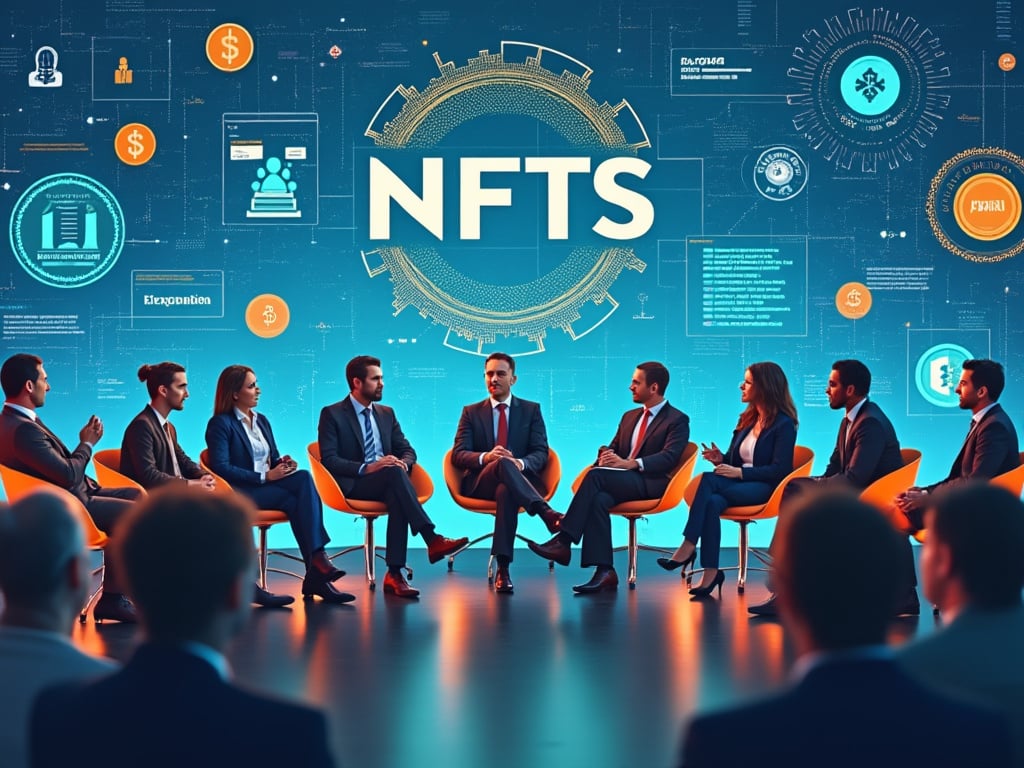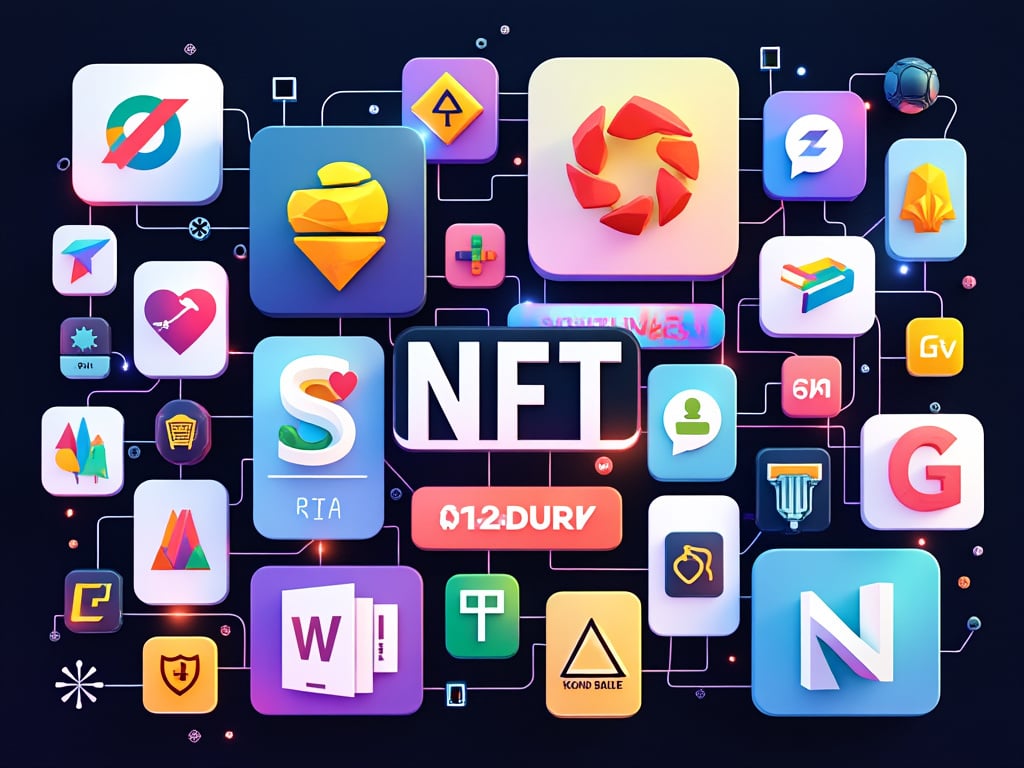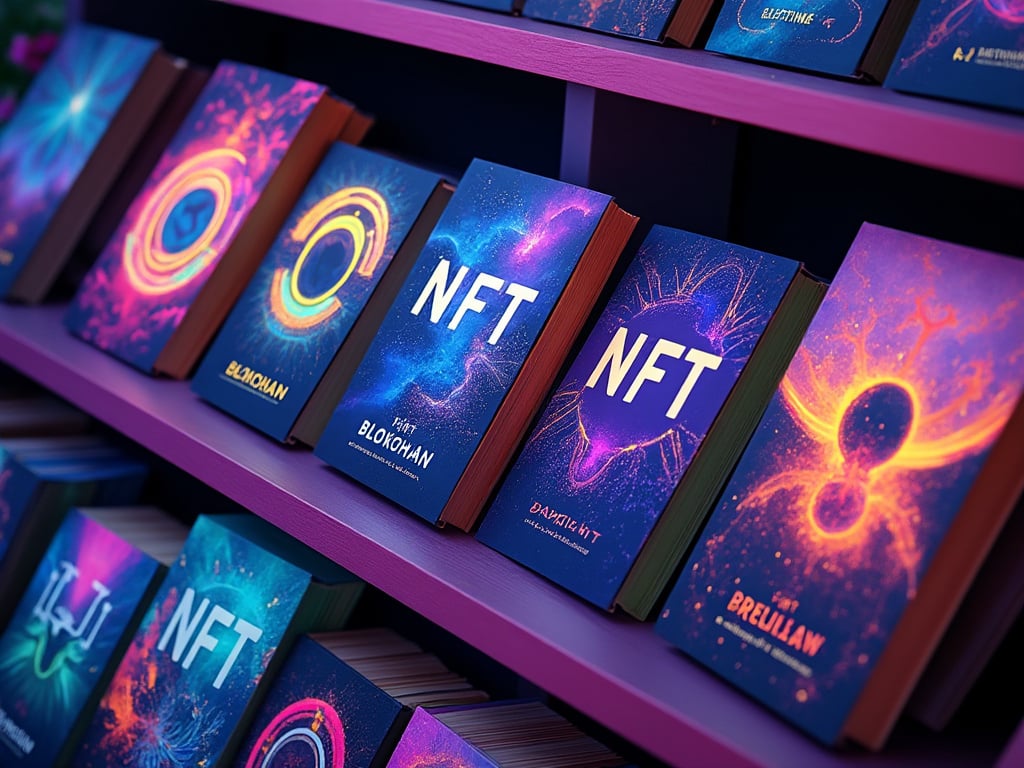The regulatory landscape surrounding nonfungible tokens (NFTs) in the United States has been an evolving discussion in recent years. As NFTs continue to gain popularity, questions regarding how they are regulated in the US are becoming increasingly important. Understanding the NFTs regulation in the US is vital for creators, investors, and platforms engaged in NFT trading, as this emerging asset class is drawing the attention of key regulatory bodies like the U.S. Securities and Exchange Commission (SEC), the Internal Revenue Service (IRS), and the U.S. Commodity Futures Trading Commission (CFTC).

As the world of blockchain-based assets grows, so too does the complexity of their regulation. The United States has made some attempts to clarify the status of NFTs, but many issues remain unresolved. This article will explore how NFTs regulation in the US is taking shape, key agencies involved, and what the future may hold for NFT participants.
Defining NFTs and Their Legal Framework
NFTs are unique digital assets that represent ownership of specific items or content, from artwork to music or real estate. Unlike cryptocurrencies such as Bitcoin or Ethereum, NFTs are not fungible, meaning each one holds distinct properties that make it irreplaceable. Despite their distinctive characteristics, many regulators initially classified NFTs in the same group as other crypto assets. This caused confusion regarding how NFTs regulation in the US would apply.
The SEC plays a significant role in determining whether a particular NFT is classified as a security. Under U.S. law, securities are defined broadly, and NFTs that promise returns based on the efforts of others may be considered investment contracts and therefore subject to securities regulation. This determination is made using the “Howey Test,” a legal standard established to evaluate whether a financial transaction qualifies as an investment contract.
NFT Legal Issues: Are NFTs Securities?
A critical aspect of NFTs regulation in the US involves whether NFTs are classified as securities. According to the SEC, a digital asset is a security if it meets specific criteria, primarily if buyers expect to profit based on the efforts of others. For example, if an NFT is marketed as a valuable investment with the potential for returns, it might fall under the definition of a security, making it subject to SEC regulation. However, NFTs purely representing a collectible or artwork may escape this classification.
Fractionalized NFTs, where ownership of an asset is split into smaller parts, can pose additional challenges. These NFTs may be treated as securities because they involve multiple investors who might expect a return on their investment. In such cases, platforms facilitating the sale and trade of these NFTs must comply with SEC regulations as broker-dealers or alternative trading systems.
You might be interested in reading Utility Tokens Powering the Crypto Ecosystem as well.
Money Transmission and NFTs: Regulatory Concerns
NFT platforms and transactions can also trigger concerns about money transmission under U.S. law. Money transmission involves the transfer of currency or its equivalent from one party to another and is regulated by the Financial Crimes Enforcement Network (FINCEN) under the Bank Secrecy Act (BSA). Whether NFTs fall under money transmission regulations largely depends on their functionality.
FINCEN defines digital currency as a medium of exchange that can act like currency but is not legal tender. If NFTs are used in a way that mimics currency or can be exchanged for fiat money, they may be subject to money transmission regulations. The regulatory landscape differs from state to state, and some jurisdictions may classify certain NFT transactions as money transmissions, while others do not.
Taxation and Reporting of NFTs
Another key element of NFTs regulation in the US is taxation. The IRS has already made it clear that digital assets, including NFTs, must be reported on tax returns. Like cryptocurrency, the sale or exchange of NFTs could result in capital gains taxes, depending on the duration of ownership and the profit made on the sale. Additionally, creators selling NFTs might need to report the income from their sales as ordinary income.
However, the taxation of NFTs can become complex due to their unique nature. For instance, if an NFT represents a physical asset, the tax treatment might differ. The IRS is working on providing clearer guidance on how to handle the taxation of NFTs in different scenarios.
Are NFTs Commodities?
NFTs could also fall under the purview of the CFTC, which oversees the regulation of commodities. The CFTC has already classified certain cryptocurrencies as commodities, and it is possible that NFTs, particularly those used as investment vehicles or traded on margin, may also be deemed commodities. If an NFT is traded on a derivatives market, it may face additional regulatory scrutiny from the CFTC, particularly around issues of market manipulation and fraud.
It is important to note that while the CFTC’s authority over NFTs is still somewhat ambiguous, NFTs that function primarily as collectibles or works of art are unlikely to be treated as commodities.
Intellectual Property and NFTs
One of the most intriguing and complex areas of NFTs regulation in the US is intellectual property (IP). When someone buys an NFT, they are not necessarily purchasing the copyright or ownership of the underlying asset. The terms of the sale usually dictate the rights associated with the NFT, such as the ability to display, reproduce, or sell the asset. For creators, this can be a crucial consideration when minting and selling NFTs.
In some cases, buyers have been surprised to learn that they do not own the full rights to the underlying digital content, leading to disputes. As such, it is important for both creators and buyers to understand the intellectual property implications of an NFT transaction. Clear licensing agreements can help avoid these pitfalls.
The Future of NFTs Regulation in the US
Congress and regulatory bodies like the SEC, CFTC, and FINCEN are still grappling with how to regulate NFTs. For now, the regulation of NFTs remains a gray area. Each transaction could be subject to different rules depending on how the NFT is classified. Platforms dealing in NFTs should stay vigilant about compliance. Failing to adhere to existing regulations could result in significant penalties.
In the long term, we are likely to see more specific guidelines emerge. As the market for NFTs matures, regulations will evolve. With growing interest in NFTs and their integration into various sectors, regulators must develop more nuanced rules. These rules must address NFTs’ unique characteristics without stifling innovation.







